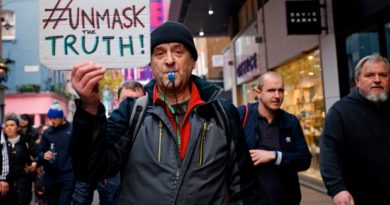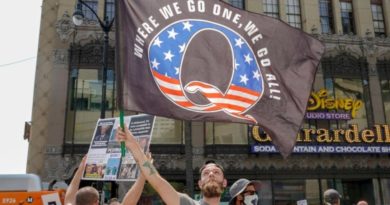Trump returns to Facebook

March 17 (Reuters) – Former U.S. President Donald Trump posted to Facebook on Friday, marking his return to the social media platform two years after he was banned.
Meta Platforms (META.O), which owns Facebook and Instagram, announced on Jan. 25 that it would reinstate Trump’s access to his accounts, saying the public should be allowed to hear from politicians, but that Trump would be subject to “heightened penalties” for repeated violations of its rules.
The former president was suspended for praising rioters who stormed the U.S. Capitol on Jan. 6, 2021.
Despite Trump’s reinstatement, it had been unclear whether he would post on the accounts.
Facebook and Instagram are key vehicles for reaching voters and fundraising and could give a boost to Trump, who will make another run for the presidency in 2024. Trump had 23 million followers on Instagram and 34 million on Facebook as of Feb. 9.
Trump’s campaign spokesman told Fox News Digital in January that being back on Facebook “will be an important tool for the 2024 campaign to reach voters.”
Trump founded his own social media platform called Truth Social in late 2021, which he relied on to communicate with supporters during his ban from Twitter and Meta.
Opponents of Trump’s return point to the messages he has posted on Truth Social as evidence that he continues to pose the same risk that led Meta to suspend him in the first place.
More than 350 of his Truth Social posts would have violated Facebook’s rules, including posts amplifying the conspiracy theory QAnon and pushing false claims of election fraud, liberal advocacy group Accountable Tech said in a December report.
In a blog post, Meta said it updated its protocols on moderating public figures during times of civil unrest. Under the protocol, Meta said it may restrict the distribution of a Trump post that doesn’t violate its rules but “contributes to the sort of risk that materialized on Jan. 6.”
A restriction would mean the posts would remain available on Trump’s profile, but would not be distributed in users’ feeds, even if they follow Trump, Meta said.
The company said it could also prevent the posts from being reshared or run as paid ads.
Ad buyers previously told Reuters that Trump’s reinstatement was unlikely to change how brands advertise on the platforms, but it reinforced long-standing concerns about how Meta prevents ads from appearing next to certain content.
Our Standards: The Thomson Reuters Trust Principles.


